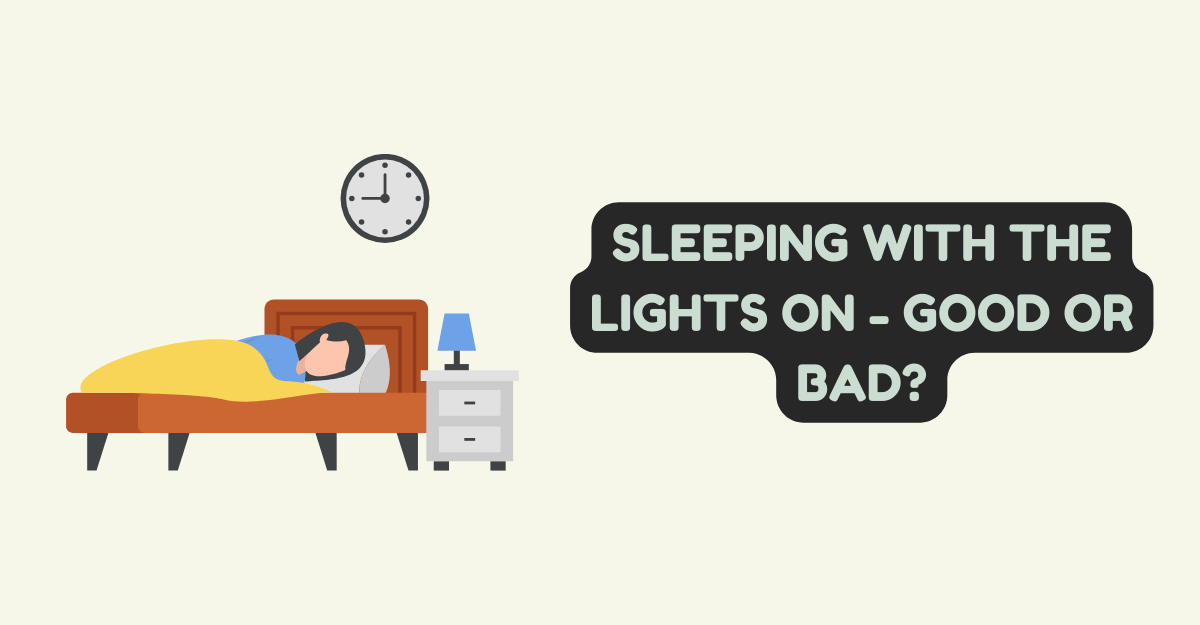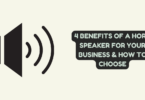
Sleeping with the Lights on – Good or Bad?
Sleep is vital to the general health and welfare of individuals. It refuels and revitalizes the body and brain so that we can operate at an optimum level during wakeful hours. However, sleep quality may be affected by various factors such as light exposure in the environment. In this article, let us look into the never-ending discussion; should you sleep with lights on or off?
Pros of Sleeping with Lights On
For many people, sleeping under intense light brings a good feeling. One of its major merits is that it generates a sense of security. For some, a little illumination dispels the fear associated with darkness which ultimately induces relaxation necessary for better sleep. Moreover, lights facilitate easy movement around in case one wants to go to the washroom or any other interruption comes up at night. Click here to get good deals on dimmable night lamps.
Why Sleeping with Lights On is Not Ideal
On the other hand, there are drawbacks of sleeping with the lights on despite its perceived advantages. For example, a bright light can obstruct sleep patterns which may then lead to difficulties in falling asleep and maintaining uninterrupted sleep later. Additionally, night-time exposure to light inhibits the secretion of melatonin, a hormone responsible for regulating sleep-wake cycles leading to shallow slumber resulting in lesser recuperative rest.
How Light Influences Sleep Quality
Furthermore, numerous researchers contend that there is a strong connection between sleep quality and the level of light amidst an individual’s dose of sleep. Research has shown that even minor amounts of light can affect the ability of the body to go into deep stages of sleep that are important in restoring physical and mental health. Therefore, individuals who habitually keep their lights on during bedtime hours may encounter day time exhaustion, mood changes and poor concentration capabilities.
Health Implications
Sleeping under light’s effect is more than just a sleep disturbance and it impinges on our comprehensive health. Lasting exposure to artificial illumination at night has been linked with higher possibilities of suffering from sleep disorders such as insomnia and restless leg syndrome. For instance, the sleep-wake cycle disruptions due to too much exposure to light are related to mood disorders, like depression and anxiety. In addition, some of the possible impacts include eye fatigue, headache, and other visual disturbances caused by long-term exposure to bright lights in order.
Children and Sleeping with Lights On
Most parents always ask themselves if it is safe for children to sleep in the presence of lights. Although some children may find comfort in sleeping with dimmed bulbs or having a nightlight in their rooms; this habit can interfere with their natural sleep cycles. Child specialists also advise that you should make sure your child sleeps in darkness by reducing sources of light before going to bed every day.
Tips For Better Sleep
There are ways in which individuals who prefer to sleep while lights are on can mitigate the negative effects on sleep quality. It is possible to maintain a sense of security by using dim lighting or nightlights with warm, amber hues so as not to disrupt circadian rhythms much. Furthermore, better sleep could be encouraged through creation of a bedtime routine involving relaxation techniques such as reading or listening to calming music.
Different Solutions
Some other solutions for those who cannot sleep with the light on exist. By wearing a sleep mask, it is possible to block off any light in order to have a peaceful place for sleeping. Putting up blackout curtains or shades in the bedroom also helps in eradicating any external sources of light hence creating perfect sleeping space. Others might find it useful using smart lighting systems that change their screen brightness and color temperature depending on the time of the day.
Personal Experiences
Different people have different experiences with sleeping with lights on. Whereas some find it reassuring and enables them sleep well, others may suffer from a deficit sleep pattern and poor health generally. It is important to pay attention to your body and priotize optimal sleep hygiene that encourages sound sleep.
Expert Opinions
Sleep experts and researchers stress on the need to keep the bedroom dark in order for one to enjoy a good night’s sleep. While preferences may vary, artificial lighting particularly that of blue light emitted by electronic gadgets should be minimized if not avoided as this is fundamental in enabling one develop healthy sleeping habits. Specialists recommend setting up a bedroom conducive for sleeping where there are no disturbances and unnecessary illumination of light.
Conclusion
In conclusion, the debate about if sleeping with lights on is good or bad in the end comes down to individual choices and sleep hygiene habits. Although some people may prefer lights on, one must consider potential effects on sleep quality and general wellness. It is important to strike a balance between personal inclinations and evidence-based advice concerning rest hygiene in order to attain a rejuvenating sleep.
FAQs
Can sleeping with lights on lead to long-term health problems?
Over time, sleeping with lights turned on disrupts normal sleeping patterns leading to an increased risk of long-lasting conditions affecting the mood and other sleep disorders.
What kind of lighting should I use when sleeping with lights on?
For such purposes, it is advised that amber-hued warm light be used as it does not interfere with melatonin production and circadian rhythms.
Does it help to sleep in complete darkness?
Sleeping in total darkness aids in increasing the body’s own melatonin production thus enhancing deeper more restorative sleeps.
Is there anything wrong with REM sleep because of light?
It has been shown that exposure especially blue light can limit rapid eye movement (REM) sleep which is responsible for cognitive tasks and emotional control.
Does falling asleep with the lights on affect dreams?
Yes, leaving lights on while sleeping can disturb sleep patterns and might affect how often and clearly a person dreams.






